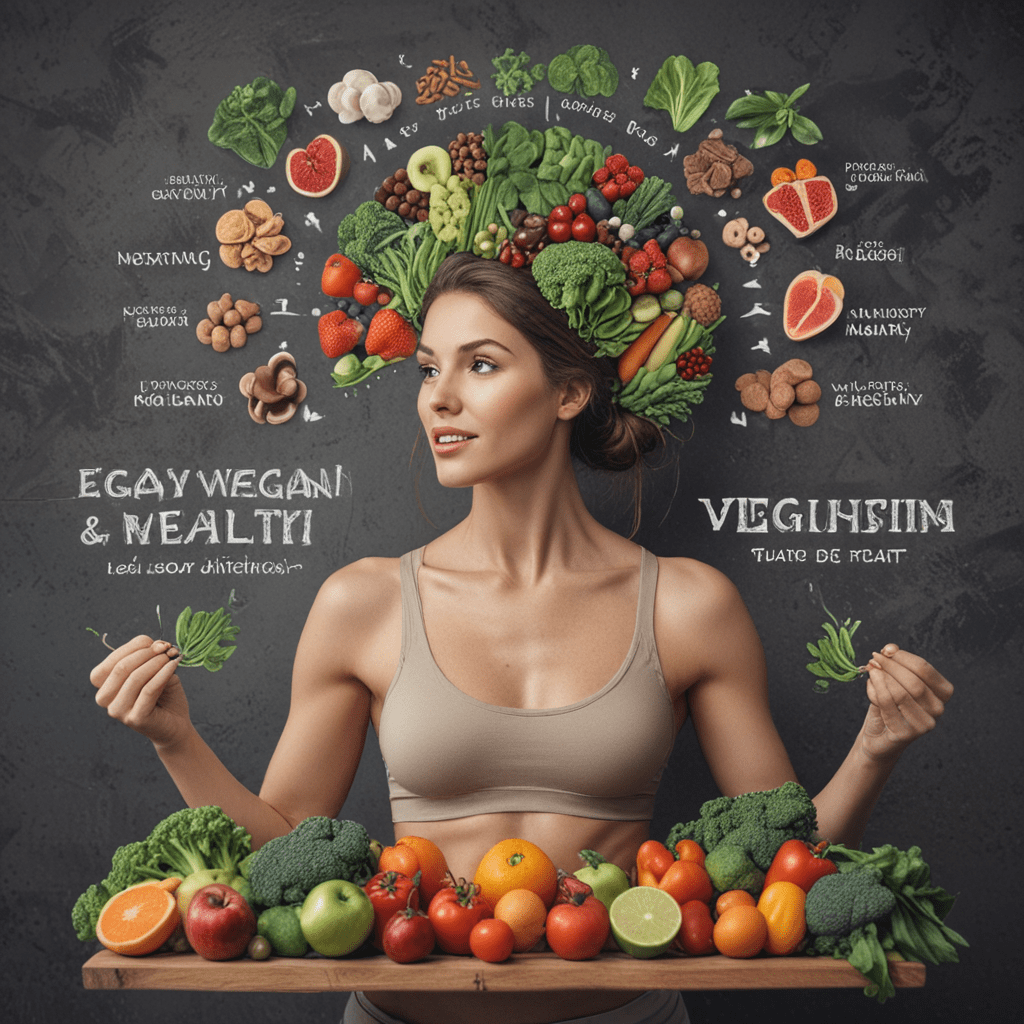
Tips for Healthy Eating on a Vegetarian Diet
Embrace a Variety of Plant-Based Foods
A well-rounded vegetarian diet encompasses a diverse array of plant-based whole foods, including fruits, vegetables, legumes, nuts, and seeds. Each category provides a unique spectrum of essential vitamins, minerals, and antioxidants that contribute to overall well-being. Incorporating colorful and varied plant sources ensures a comprehensive nutrient profile and reduces the risk of deficiencies.
Incorporate Whole Grains and Legumes
Whole grains, such as brown rice, quinoa, oats, and whole wheat, are cornerstones of a healthy vegetarian diet. They offer sustained energy release due to their high fiber content, promote digestive regularity, and regulate blood sugar levels. Legumes, including lentils, beans, and chickpeas, are excellent sources of plant-based protein and fiber, contributing to satiety and providing a range of essential nutrients. Aim to include whole grains and legumes in each meal for optimal health benefits.
Choose Nutrient-Rich Fruits and Vegetables
A vibrant array of fruits and vegetables is indispensable to a balanced vegetarian diet. Fruits are a natural source of antioxidants, fiber, vitamins, and minerals that aid in disease prevention and promote overall health. Non-starchy vegetables, like leafy greens, broccoli, and cauliflower, are nutrient-dense and low in calories, providing a wealth of essential nutrients. Incorporating a variety of fruits and vegetables of different colors ensures a comprehensive intake of vital nutrients.
Use Healthy Fats Sparingly
Healthy fats play a crucial role in a vegetarian diet, contributing to energy production, hormone balance, and cell function. Choose unsaturated fats from sources like avocados, olives, nuts, seeds, and plant-based oils. These fats promote heart health and may reduce inflammation in the body. However, use healthy fats sparingly, as they are calorie-dense. Aim to incorporate them as part of balanced meals that include carbohydrates and protein for optimal satiety and nutrient absorption.
Limit Processed Foods and Sugary Drinks
Processed foods and sugary drinks offer little nutritional value and often contain excessive amounts of added sugars, unhealthy fats, and salt. They can contribute to weight gain, chronic diseases, and nutrient deficiencies. Focus on whole, unprocessed plant-based foods instead to ensure a nutrient-rich and balanced diet. Choose whole fruits and vegetables over sugary fruit juices or canned fruits in syrup, and opt for water over sugary beverages.
Hydrate Well with Water
Water is vital for maintaining overall health and well-being. It supports organ function, regulates body temperature, and facilitates nutrient transport. Aim to drink an adequate amount of water throughout the day, especially before and after physical activity or in hot environments. Avoid sugary drinks that can contribute to dehydration and compromise hydration levels.
Consider Vegetarian-Specific Supplements
Some vegetarians may need to consider supplementing certain nutrients to ensure adequate intake. Vitamin B12, which is primarily found in animal products, is essential for nerve function and the production of red blood cells. Vegetarians can consider fortified foods or a vitamin B12 supplement to meet their daily requirements. Iron, which is essential for oxygen transport, may also be of concern, as plant-based iron is less efficiently absorbed than animal-based iron. Incorporating iron-rich plant foods and considering an iron supplement may help prevent iron deficiency in vegetarians.
Consult a Healthcare Professional for Personalized Guidance
It is always advisable to consult a healthcare professional, such as a registered dietitian or physician, for personalized advice on maintaining a healthy vegetarian diet. They can assess individual nutritional needs and provide tailored guidance on food choices, nutrient requirements, and supplement recommendations. A healthcare professional can help ensure that a vegetarian diet is balanced, nutritious, and aligned with individual health goals.
FAQs:
Can vegetarians get enough protein?
Yes, vegetarians can obtain adequate protein through plant-based sources such as legumes, lentils, beans, tofu, tempeh, nuts, and seeds. Combining different protein sources throughout the day helps ensure complete protein intake.
Do vegetarians lack iron?
Vegetarians may need to pay special attention to iron intake as plant-based iron is less efficiently absorbed than animal-based iron. Good sources of plant-based iron include lentils, spinach, beans, and fortified breakfast cereals. Consuming vitamin C alongside iron-rich foods enhances iron absorption.
What are the potential health benefits of a vegetarian diet?
A well-balanced vegetarian diet has been linked to several potential health benefits, including reduced risk of chronic diseases such as heart disease, stroke, type 2 diabetes, and some types of cancer. Vegetarian diets are typically rich in antioxidants, fiber, and phytochemicals, which have anti-inflammatory and disease-fighting properties.

